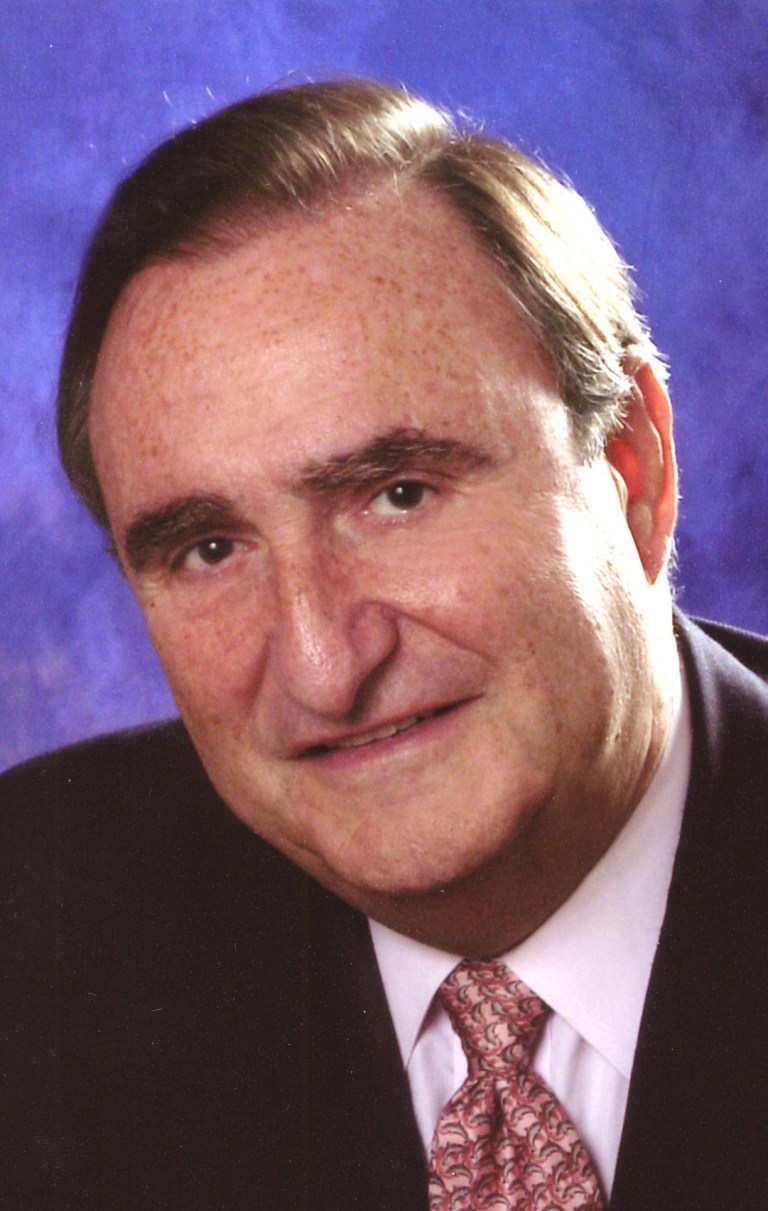
Every once in a while, our local world is invaded by politics, politics, and more politics. Our television news reports are dominated by national politics. Our social networks are choked with people expressing their views.
This year, it is hard to avoid politics when we get together with our best friends. It takes only a minute or two before someone expresses their views on something political.
For the first time in many years, candidates for federal, state, and local office will be paying rapt attention to the national scene, hoping that their candidacy is not affected by the so-called top of the ticket. At no time in my career have I seen a year like this one.
I ran for office 12 times and on only two occasions did I feel that my positions on national issues were critical factors in how my voters were going to decide their local choices.
In 1972, Sen. George Mc Govern was the Democratic candidate for president. McGovern was one of the most liberal members of the Senate and his candidacy was a big deal with my voters.
In 1968, Massachusetts Gov. Michael Dukakis was the Democratic Party standard bearer. Dukakis started his campaign with strong support from the Greek community and was popular with many local voters.
At the beginning of his race, he seemed to be a strong favorite for the top job. But debates can kill candidates, and Dukakis made a series of major flubs during his fight with George H.W. Bush, and he became a drag on all of us down-ballot candidates.
This year, local congressional candidates will be forced to take positions on many hot-button issues, some of which could hurt them with middle-of-the-road voters.
Among the issues that will trickle down to these races are abortion, immigration, quality of life, and numerous other areas that some candidates would prefer not to touch.
In the case of former President Donald Trump or Vice President Kamala Harris, many voters have opinions that are baked in and little will change their views.
It is the small minority that could be the deciding factor not only on Long Island but in the rest of country. To date there is a pool of voters that represent about 3% of the voting population who will make their minds up in the final days of the campaign.
It is not hard to predict that the upcoming debates, if they take place, will bring the fence-sitting voters off their perch. Some who don’t like either candidate will make their final decisions when they get in the voting booth.
Some of the voters may decide to stay home and their previously guaranteed vote, could have an impact on the local candidates. And not to be forgotten, a small fraction of the voters may choose to support a third-party candidate.
So the dilemma for all of the local candidates is what position to take on this year’s controversial issues?
Local candidates could lose a vote because their usual guaranteed voter doesn’t like their position on one of the national issues. In order not to be impacted by issues out of their control, all of the candidates will have to promote their record to separate them from any national controversies. Political call.
The next problem for local candidates is the voters who refuse to take any position on candidates or issues. The people who conduct political polling will tell you that many voters refuse to commit to anything when they get a political call.
They don’t like to talk to pollsters and are often afraid to reveal their preferences for fear that the call is coming from a candidate and not the pollster.
2024 will go down in history as the year that presented the greatest challenge to all down-ballot candidates.
Elections that look like a guaranteed race may be upended by voters who are swayed by issues that the candidates didn’t think were the deciding ones. I can only wish the incumbents and the challengers the best of luck as they try to figure out how to be a November winner.







Among all the people I associate and work with more of them are MAGA than not. How does that affect my attitude and opinions? Well, I try to find the logic of their arguments and occasionally agree. For the most part I do not agree. Does that frustrate me/ Not at all. Let’s not be afraid of the other guys ideas.